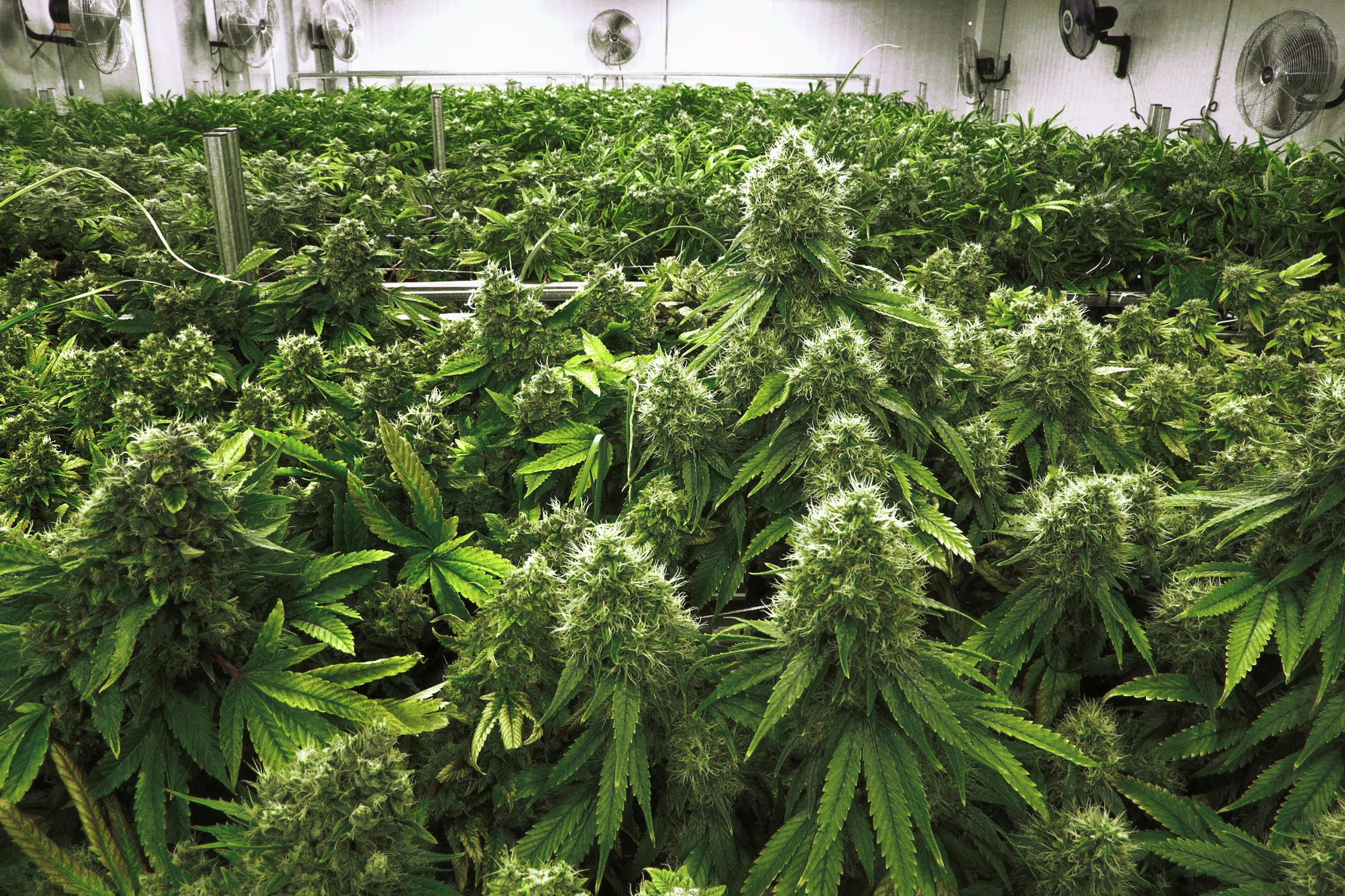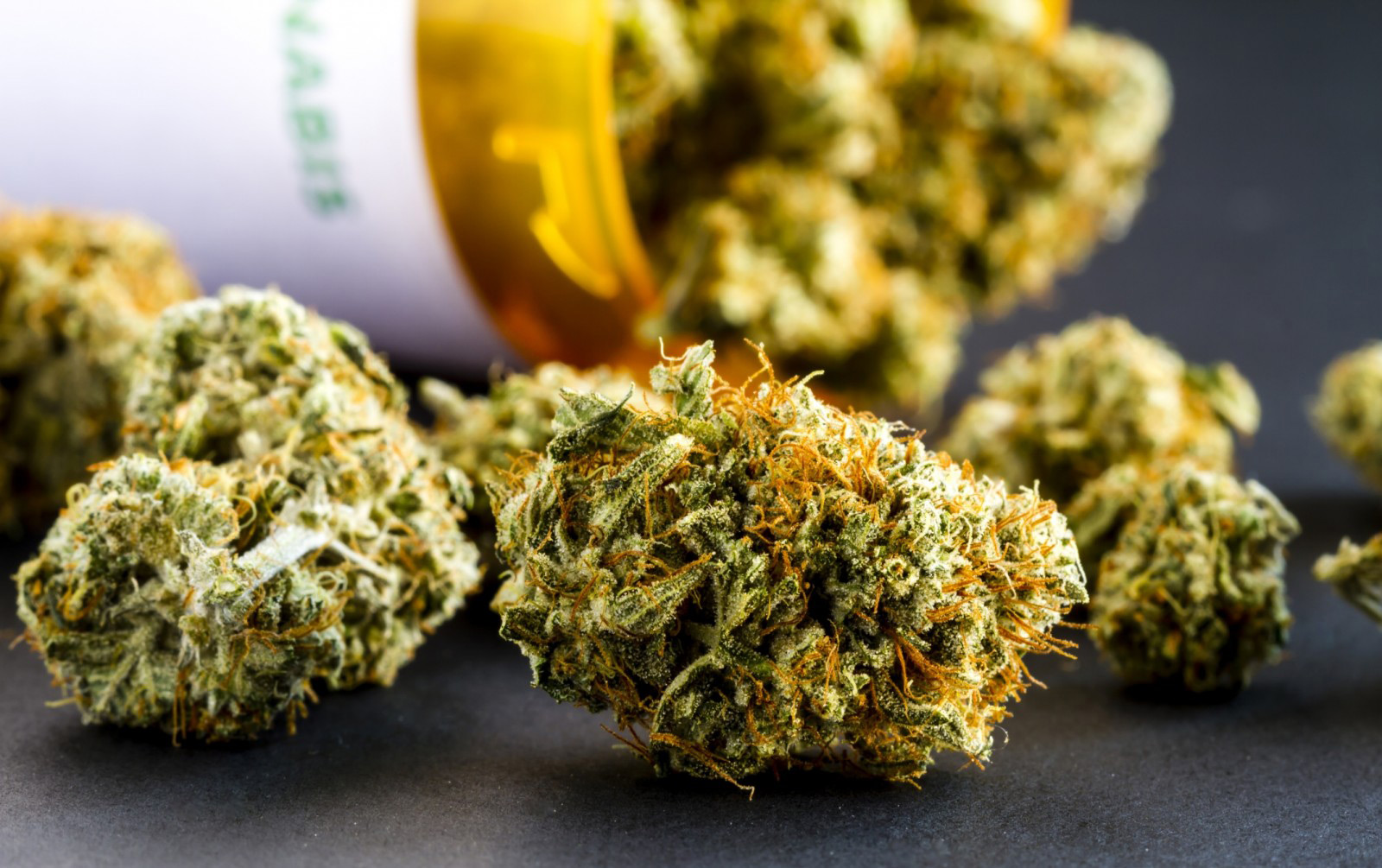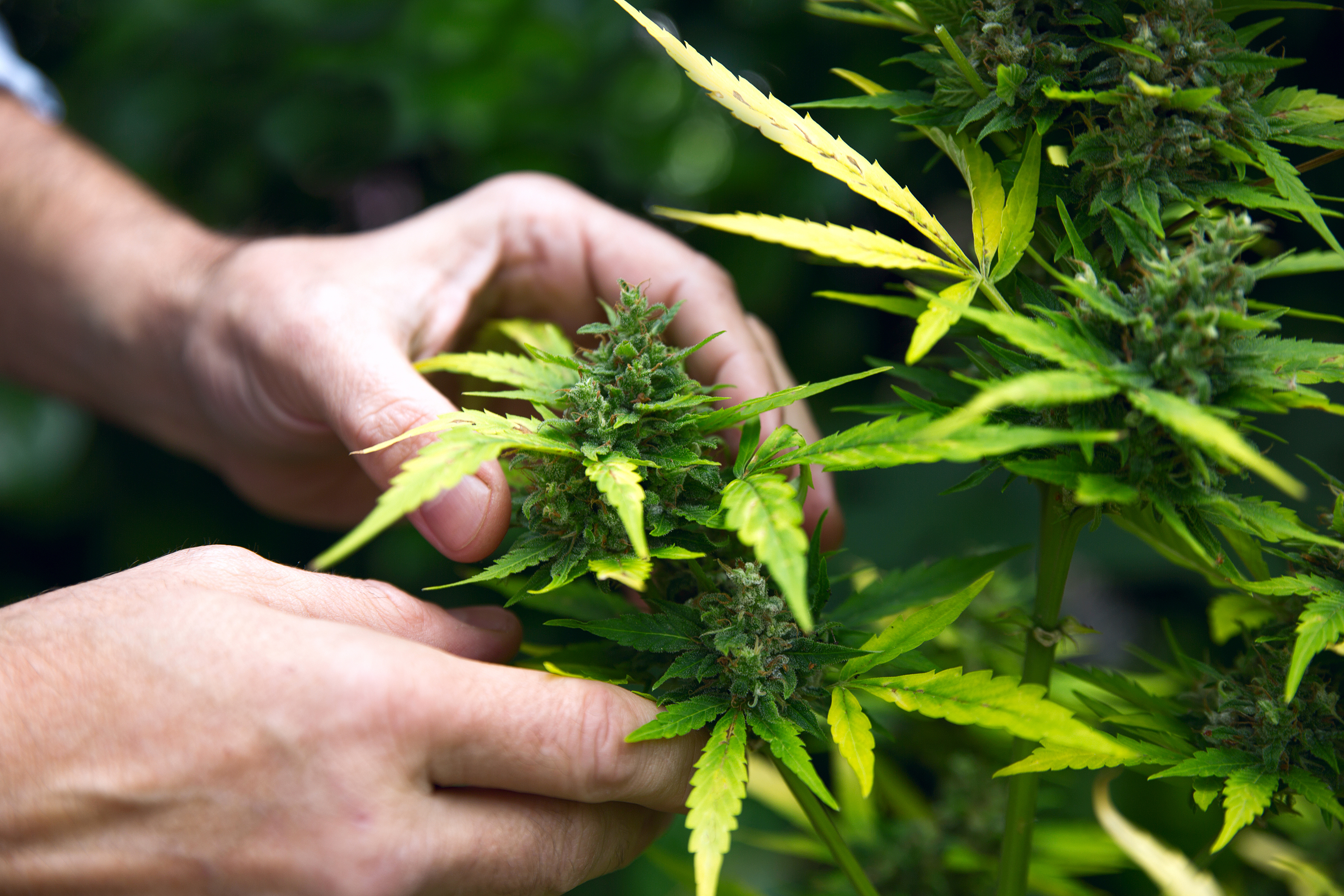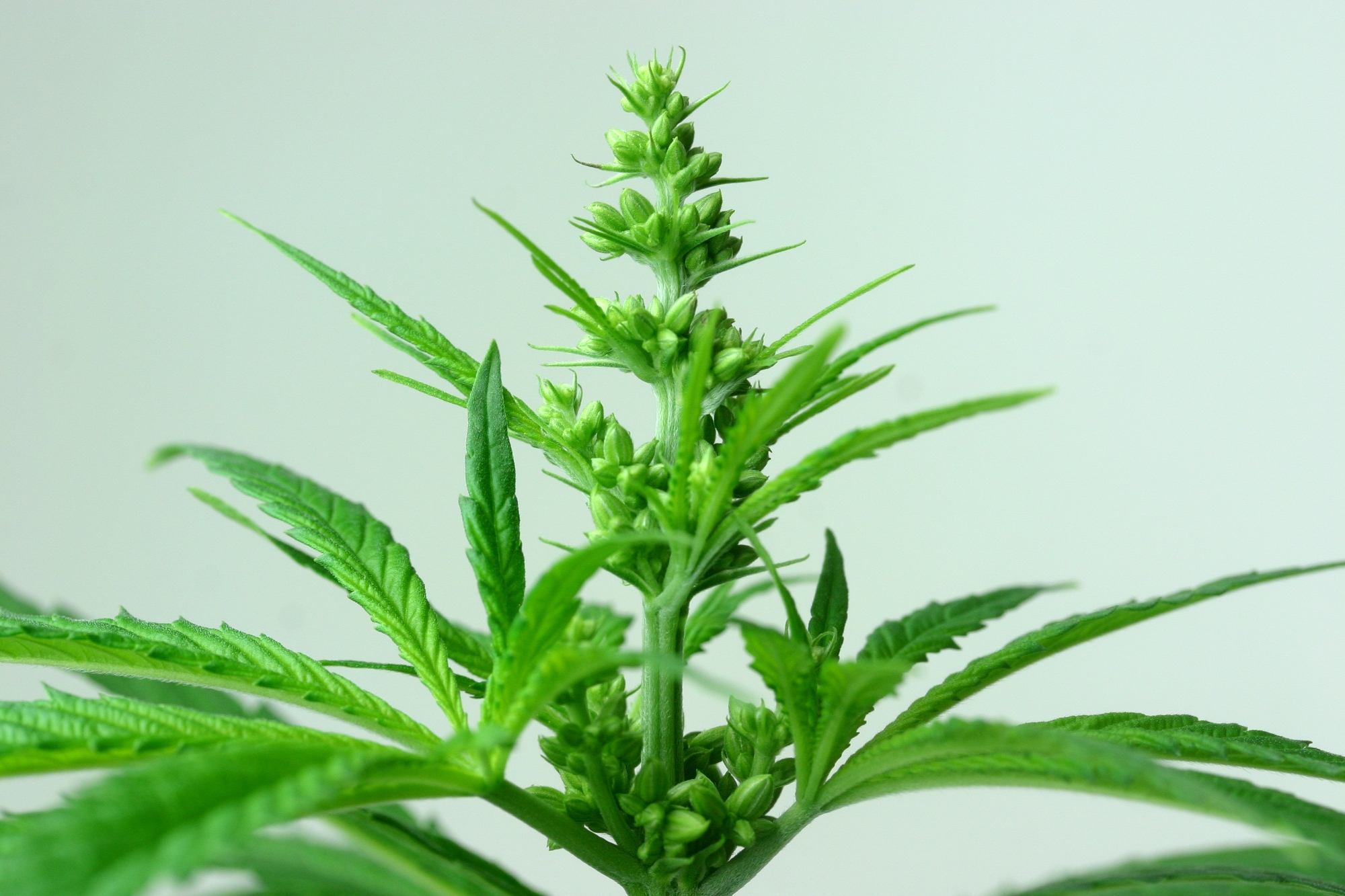Update: HB 656 has been “retained in committee” and will not receive further consideration.
Legislation is making its way through the New Hampshire House, HB 656, to legalize, regulate, and tax marijuana for adult use.
Members of the House Committee on Criminal Justice and Public Safety heard testimony regarding the bill on Wednesday, February 2, at 2pm.
Police in New Hampshire arrest some 2,900 individuals annually for simple marijuana possession offenses. The continued criminalization of adult marijuana use is out-of-step with the views of New Hampshire adults, 62 percent of whom now endorse legalizing and regulating cannabis, according to a 2016 WMUR Granite State Poll.
Despite more than 70 years of federal marijuana prohibition, Americans’ consumption of and demand for cannabis is here to stay. It is time for state lawmakers to acknowledge this reality. It is time to stop ceding control of the marijuana market to untaxed criminal enterprises and it is time for lawmakers to seriously consider common-sense regulations governing cannabis’ personal use by adults and licensing its production.
In addition to the legislation in the House, Senator Jeff Woodburn announced his plans to introduce a bill that includes a firm date to legalize medical and recreational marijuana in New Hampshire. Although a legalization bill has passed through the House in the past, the Senate has met stiff resistance and Woodburn’s powerful backing of a bill is a boost that New Hampshire will join the states who are already benefiting from legalization.
Enter your information below to contact your House Representative and urge them to support this legislation.











